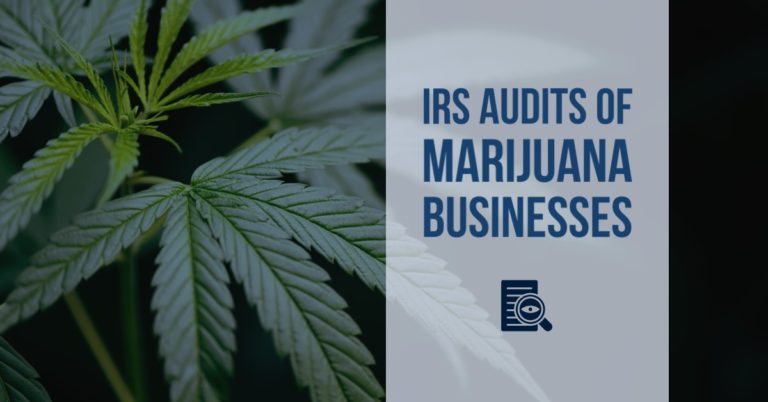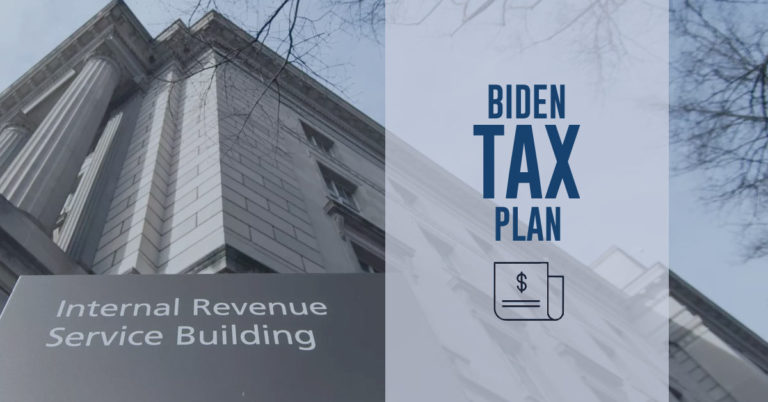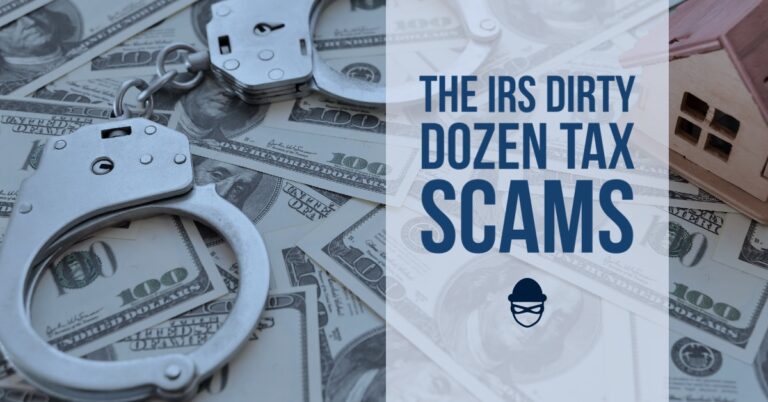Traveling for work can be both exciting and demanding. Whether you’re attending conferences sporadically or find yourself constantly on the road, it’s crucial to understand how and when you can deduct your business travel expenses.
The Internal Revenue Service (IRS) provides guidelines on eligible deductions for business travel, ensuring that taxpayers can take advantage of the benefits while maintaining compliance with tax regulations.
In this article, we’ll explore the ins and outs of business travel deductions, drawing on various authoritative sources to provide you with a comprehensive understanding.
Understanding Business Travel Deductions
To be eligible for business travel deductions, individuals must travel away from their home or primary workplace for business purposes. If an individual’s work demands they spend more than a regular workday away from home and requires overnight accommodation, they are considered “traveling away from home.”
Crucial Criteria for Deductible Expenses
When it comes to deducting travel expenses, they must be both ordinary and necessary. This means that expenses should be reasonable and customary within your industry and directly related to your work.
Lavish or extravagant expenses, as well as those incurred for personal reasons, are not deductible.
Deductions for Various Travel Expenses
Transportation
Expenses for travel by plane, train, bus, or car between your home and the business destination are generally deductible. This includes fares for taxis or other transportation modes between airports or train stations and hotels, or from hotels to work locations.
Baggage and Material
If you need to ship baggage, samples, or display materials between regular and temporary work locations, those expenses can be deducted.
Personally Owned Vehicle
If you use your personal vehicle for business purposes, you can deduct the related expenses. It’s essential to keep accurate records of mileage, tolls, parking fees, and other vehicle-related costs.
Lodging and Meals
Expenses for lodging and meals during your business travel are generally deductible. However, extravagant expenses may be subject to limitations.
Additional Expenses
Other ordinary and necessary expenses related to your business travel are eligible for tax deductions, including:
- Dry cleaning
- Laundry
- Business calls
- Communication expenses
- Tips for services related to your travel
Special Considerations
Conventions
Travel expenses for conventions can be deducted if attending benefits your business. However, there are specific rules for conventions held outside of North America.
Self-Employed Individuals
Self-employed individuals can deduct travel expenses on Schedule C (Form 1040), Profit or Loss from Business (Sole Proprietorship). Farmers can use Schedule F (Form 1040), Profit or Loss from Farming, to claim their travel deductions.
Armed Forces Reservists
Members of the reserve component of the United States Armed Forces can claim deductions for unreimbursed travel expenses incurred while performing their duty. However, these expenses must be for travel exceeding 100 miles away from their home.
Take Advantage of Business Travel Tax Deductions
Keeping organized records is vital to ensure a smooth tax return process. Taxpayers should retain documents such as receipts, canceled checks, and other supporting documentation that validate their deductions. This documentation will serve as evidence in case of an audit or any queries from the IRS.
For business travelers, understanding the ins and outs of tax deductions is essential for maximizing the benefits and staying compliant with IRS regulations. By adhering to the criteria of ordinary and necessary expenses, maintaining meticulous records, and following the guidelines provided by the IRS, business travelers can confidently take advantage of eligible deductions.
Remember, it’s always advisable to consult with a tax professional, like the team at Smith Patrick CPAs. Also check out the IRS Publication 463: Travel, Gift, and Car Expenses.
Happy travels and successful deductions!
More Information
If you have questions, contact us to discuss your situation.
To check out our other articles on business topics, click here.

Alan Dierker
Alan Dierker is a Tax Manager with experience in tax, outsourced controller services, including fulfilling compilation and preparation agreements, payroll and compliance issues. He also has experience in the following industries: Wholesale Distribution, Private Foundations, Not-for-Profit and Real Estate.
About Smith Patrick CPAs
Smith Patrick CPAs is a boutique, St. Louis-based, CPA firm dedicated to providing personal guidance on taxes, investment advice and financial service to forward-thinking businesses and financially active individuals. For over 30 years, our firm has focused on providing excellent service to business owners and high-net worth families across the country. Investment Advisory Services are offered through Wealth Management, LLC, a Registered Investment Advisor.





